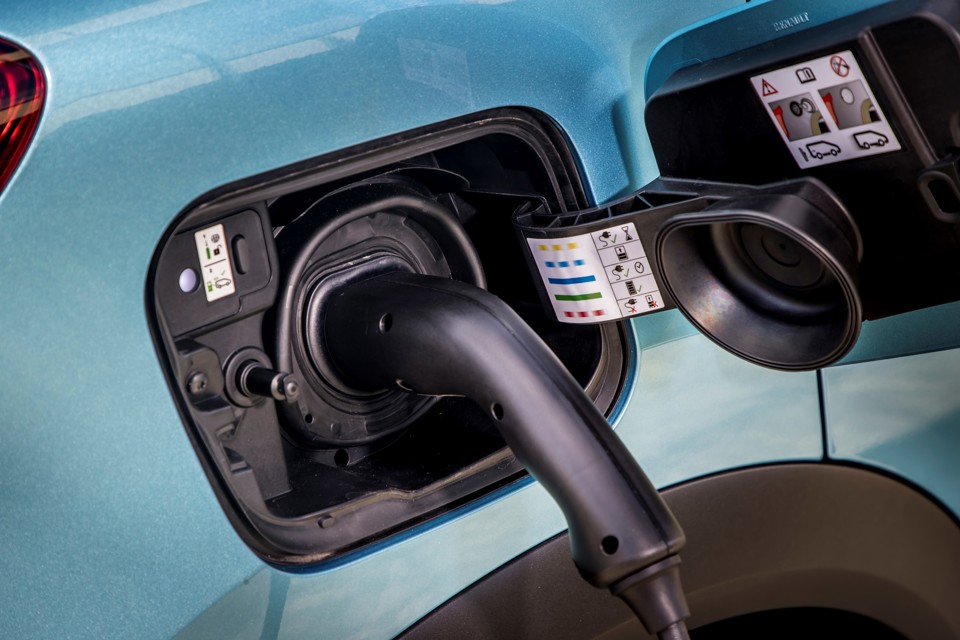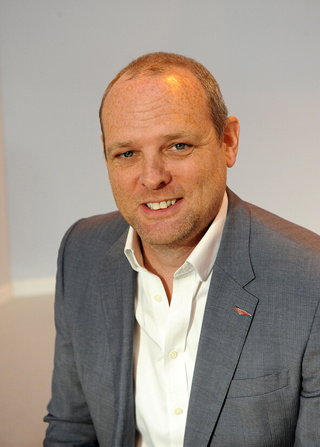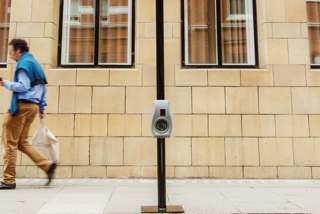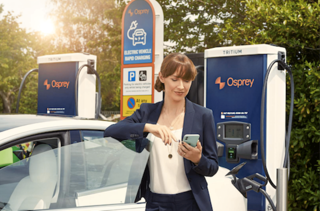Public charge points for electric vehicles (EVs) grew by 37% last year, yet the cost of charging and payment methods are far from cohesive across the country, according to Venson Automotive Solutions.
For example, figures obtained by British Gas show that 21 councils across England and Wales allow motorists to top up their batteries for free, yet in other areas drivers are charged up to £4 per kilowatt hour (kWh).
Venson Automotive Solutions believes disparities like this need addressing to help convince others to transition to EVs.
Alison Bell, operations director for Venson Automotive Solutions, said: “The acceleration rate of installing charging points is clearly disproportionate across the UK, as recent data published by the Department for Transport shows.
“It reported that some UK local authorities have bid for UK Government funding for charging devices, and others have not, with London benefitting from a much faster expansion of its charging infrastructure than any other region.
“Inconsistencies like charging point access, costs and even the way driver’s pay to charge their vehicles, are just creating further barriers.”
Some operators do still require drivers to have an app before charging, joint solutions and payment apps are now available, and some operators offer reduced charging rates under a monthly subscription to help higher mileage drivers.
“Whilst payments have been simplified, the network needs to improve so that drivers have the flexibility and convenience they need to make the switch to electric,” continued Bell.
“As discussed in our recent white paper, ‘Living with Your Electric Vehicle’, motorway charging continues to be problematic, particularly where charging points use first generation tech that can be unreliable.
“The good news is, though, that progress is being made and more reliable motorway charging points are emerging and the tide is turning towards a reliable public network.”
Contactless payments for charge points
The UK Government announced last year that, following a consultation, it will ensure contactless payments are available at all new fast and rapid charge points.
However, Visa wants policymakers to go one step further and standardise the systems for seamless, interoperable payments in EV charge points across Europe.
The company believes that the European EV charging industry should commit to providing consumers with the freedom to pay with their chosen method – primarily by adopting open-loop and interoperable payments.
At present, there is no widespread industry standard for payment acceptance at EV charging points. This leads to a system where consumers across Europe often do not have a choice of payment method and are forced into a single option (for example, signing up to an app or provider programme) or even face not being able to charge their vehicle because they aren’t registered with the required subscription service, says Visa.
As a result, it is launching a consultation with EV charging point manufacturers and other industry leaders to identify barriers and solutions to the widespread acceptance of interoperable contactless and digital payments.
It has also announced it will become the first company from the financial services and payments industries to join the Charging Interface Initiative (CharIN) as a full member.
CharIN is dedicated to promoting global charging-related standards by bringing together participants from across the e-mobility value chain to develop a global infrastructure, a secure charging and payment protocol, and new technologies to ease the transition to EV and encourage more adoption, faster.
Through its CharIN membership, Visa aims to use its payments expertise to support these objectives.
Charlotte Hogg, CEO in Europe for Visa, said: “Ensuring people can easily pay to charge their vehicles is essential if we want them to go electric. At the moment, this is not the case. We believe this must change so consumers have the choice they deserve.
“We want to play our part in finding solutions to this challenge which is why we’ve launched an industry consultation on how contactless and digital payments can be accepted as standard. We’re also looking forward to participating as a member of CharIN to advance the debate.”
> Interested in comparing electric vehicle data? Check out our EV tool.
> Interested in ensuring the efficient use of EVs. Check out our dedicated editorial sections: Insight & policy | EV news | Charging & infrastructure | Costs & incentives | Benefit-in-kind | EV case studies | EV road tests






















Login to comment
Comments
No comments have been made yet.